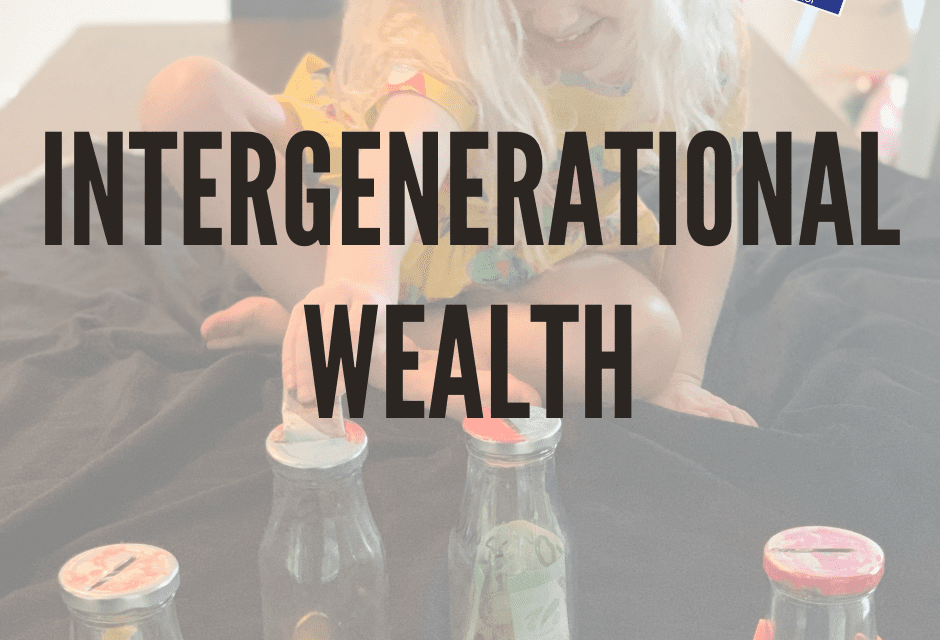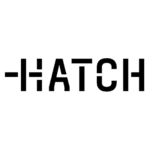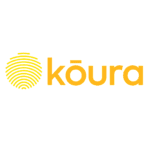You wouldn’t put your kid behind the wheel until you knew they could drive, same thing with money. You may want to pass something down to your kids, but unless you’ve taught them how to handle it, you could be heading for trouble. Tom Hartmann from Sorted is my special guest today.
Financially speaking , are kids an asset or a liability?
If you’re a parent, you’re the primary teachers of money-management for your kids, and they’re watching everything you do – so what are we modelling to them and how do we talk about money in the household – are we doing it in ways that are encouraging them to focus on problem solving, or simply focusing on the problems alone?
“We can’t afford it” versus “How can we afford it?” The first statement shuts down creativity and rules out possibilities. The second question forces us to focus on solutions.
One of the biggest problems we’re all trying to solve by investing, is to ensure that we have enough for our retirement. Beyond that if we have children, how can we give them a fair chance at succeeding financially?
As an example, we could look at house prices with despair thinking they’ll never get there, but we often forget the new world we’re heading into isn’t guaranteed to be all bad.
How are the kids ever going to afford their own home? This frustrating question gets us to focus on something that’s not exactly helpful – a problem that we haven’t been able to solve yet. Increasingly, we’re even seeing this question get politicised – property investors are the problem, rather than housing supply – really?!
Let’s say housing continues to march upwards though: Today, 20% of the purchase price would be $200k., assuming an average starter home may cost $1m in a main city area. At a 7% growth rate, over 20 years, 20% deposit would turn into $800k! (20% of $8m). This sounds ridiculous, but remember, this was the same issue 20 years ago when the average price was $250k (and a 20% deposit was only $50k).
What’s changed in the last 20 years? Interest rates are a fraction of what they were, prices for some items have decreased, and incomes have increased [slightly].
What’s going to change in the next 20 years? 1- interest rates may not be able to increase significantly from here, 2- what we use as currency will change (non-fungible tokens, tokenised assets, other crypto-assets), and here’s the controversial conjecture, 3 – incomes may increase at a faster pace than what we’ve seen for a while. The point is, the future is going to be qualitatively different to the present, so speaking negativity around a ‘housing crisis’ is at the very least a waste of time, and worse, it’s a distraction from what we should really be focusing on – specifically, helping our kids discover a better way.
Growing wealth can be hard, don’t get me wrong, but that doesn’t mean your kids can’t have a good crack at it. Teach them how to work [hard and smart], teach them how to manage money, then allow them to creatively solve problems – you may just succeed in in turning a potential liability in your future, to an asset.
So today, the genesis of intergenerational wealth – teaching your kids about money. As with everything our kids will face going forward, they will likely start out in the physical, and eventually end up in the digital realm.
The NZ Everyday Investor is brought to you in partnership with Hatch. Hatch, let’s you become a shareholder in the world’s biggest companies and funds. We’re talking about Apple and Zoom, Vanguard and Blackrock.
So, if you’re listening in right now and have thought about investing in the US share markets, well, Hatch has given us a special offer just for you… they’ll give you a $20 NZD top-up when you make an initial deposit into your Hatch account of $100NZD or more.
Just go to https://hatch.as/NZEverydayInvestor to grab your top up.
____________________________________________________________
The NZ Everyday Investor would also like to acknowledge the support of kōura.
Most people fixate on just fees or historical returns when trying to choose a KiwiSaver fund. But professionals know there’s the third, arguably more essential component to consider – asset allocation. kōura’s digital advice tools will build you a KiwiSaver portfolio that has the perfect asset allocation just for you. Of course you could also just choose your own KiwiSaver portfolio with them too. Give them a try and see what your ideal KiwiSaver asset allocation looks like for you.
___________________________________________________________
Like what you’ve heard?
You can really help with the success of the NZ Everyday Investor by doing the following:
1- Tell your friends!
2- Write a review on Facebook, or your favourite podcast player
3- Help support the mission of our show on Patreon by contributing here
4- To catch the live episodes, please ensure you have subscribed to us on Youtube:
5- Sign up to our newsletter here
NZ Everyday Investor is on a mission to increase financial literacy and make investing more accessible for the everyday person!
Please ensure that you act independently from any of the content provided in these episodes – it should not be considered personalised financial advice for you. This means, you should either do your own research taking on board a broad range of opinions, or ideally, consult and engage a financial adviser to provide guidance around your specific goals and objectives.
_____________________________________________________________________________




